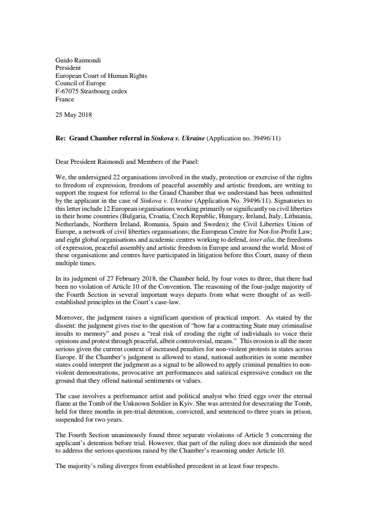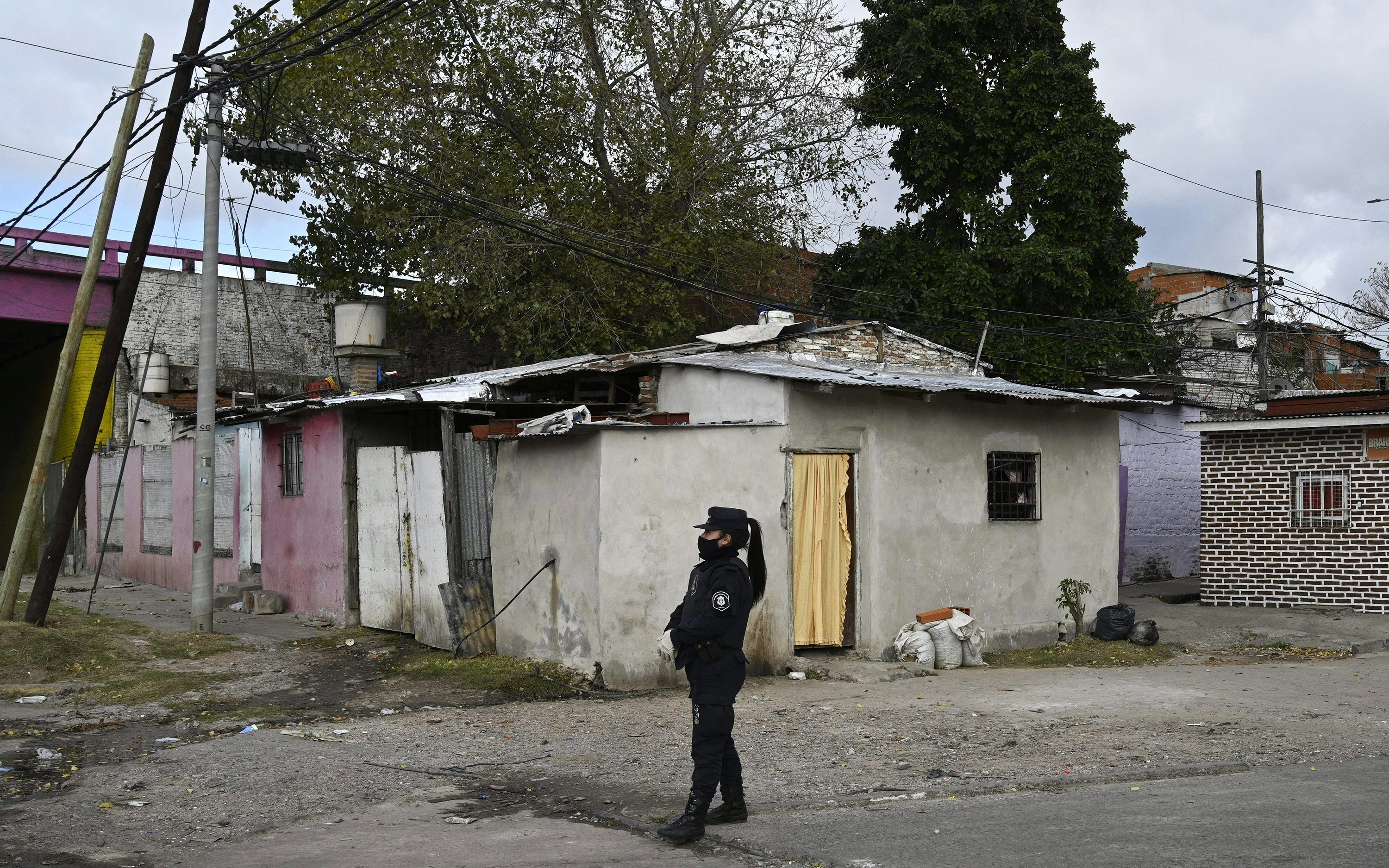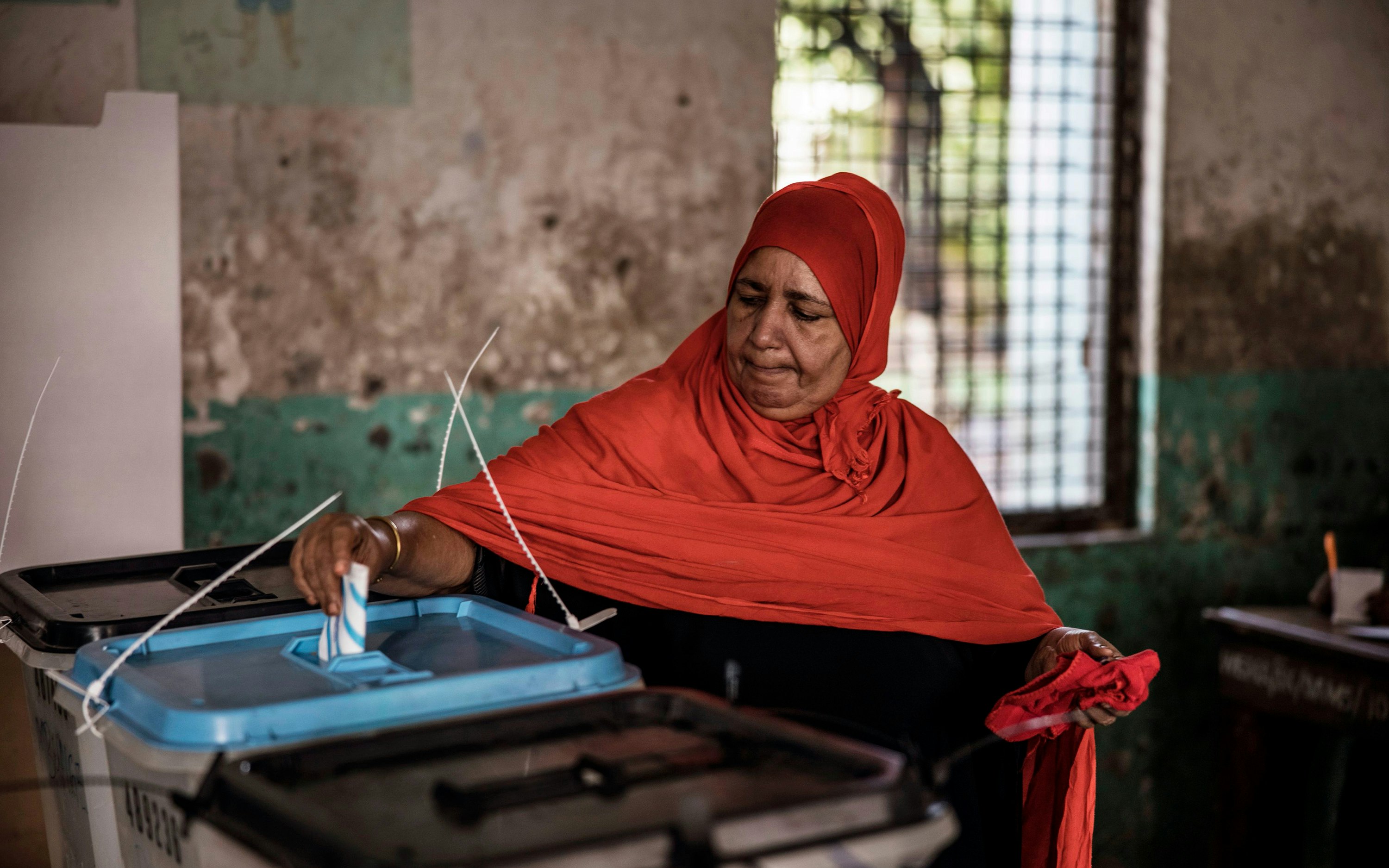Pauliukas v. Lithuania
The Right to a Reputation?
A newspaper published an article alleging a local politician had committed building violations. The politician sued for libel, but lost, the Supreme Court finding that the allegations were based on official reports. He complained that the courts had failed to protect his reputation and dignity, in breach of Article 8 of the European Convention on Human Rights. The European Court rejected this argument, finding that such allegations will only engage Article 8 where they go beyond what is protected by Freedom of Expression.
Facts
In November 2003, the Lithuanian newspaper Respublika published an article discussing the disputes of a local politician (Pauliukas) and his wife with their neighbors over the boundaries of their adjacent properties. The article alleged other building and property violations by the couple, stating that they had failed to comply with city orders to stop illegal construction on their small plot of land. Pauliukas alleges that he asked the newspaper to correct factual mistakes in the article, but the newspaper refused to do so. He then filed a civil claim for moral damages and a court-ordered rectification.
In December 2004, the first instance (district) court dismissed the claim for libel, finding that the allegations in the article were based on official reports obtained by the journalist and included fair summaries of comments by both Pauliukas and his neighbors. The district court noted that the city authorities had made findings against him and had otherwise confirmed the truth of some of the neighbors' allegations.
The district court's judgment was overturned on appeal. The appeal court relied on the fact that one of the official documents put forward by the newspaper was only drafted months after the publication of the article; and that the building violation proceedings against Pauliukas were still ongoing at the time of publication, a fact that was known to the reporter.
In November 2005, the Lithuanian Supreme Court reversed the appeal ruling and upheld the district court's orders. The top court noted that Pauliukas was a public figure, co-owner of the property with his wife, and “responsible for any illegal actions by his wife.” The official findings of the city's building authorities provided a sufficient and legitimate basis for allegations contained in the journalistic piece, relieving the newspaper of the obligation to conduct any additional verifications. Pauliukas took his claim to the Strasbourg court.
Open Society Justice Initiative Involvement
The Open Society Justice Initiative filed third-party written comments with the European Court, jointly with the Media Legal Defence Initiative and the Romanian Helsinki Committee.
Arguments
A Right to Reputation? Traditionally the European Court has found no independent right to reputation under Article 8 of the Convention. Reputation could only be considered as a factor when deciding whether there was freedom to publish under Article 10. Recently, some sections of the court appear to have recognized a self-standing right to reputation. Other sections have decided that an injury to reputation only interferes with Article 8 in exceptional circumstances.
Public Image or Personal Integrity. The United Nations Human Rights Committee has interpreted the right to privacy to only protect individuals where there has been an “unlawful attack” on their reputation. Only a serious and unfair attack, based on false facts and driven by malicious intent, affects reputation so severely that it affects self-esteem and personal integrity rather than public image.
The Threshold. The written comments urged the court to adopt a threshold standard in order to prevent a flood of claims for “injury to reputation” that would deter newspapers from publishing legitimate stories, confuse national judges, and flood the court with bad cases.
The Court delivered judgment in November 2013. The Court reiterated its position that states may be required by Article 8 to protect personal reputation where statements going beyond the limits of what is considered acceptable criticism under Article 10 are concerned. Where the balancing exercise between those two rights has been undertaken by the national authorities in conformity with the criteria laid down in the Court’s case-law, the Court would require strong reasons to substitute its view for that of the domestic courts.
Turning to the facts, the Court found that the public had a right to be informed about the conduct of a municipal official which was openly at odds with his position. The role or function of the person concerned and the nature of the activities that were the subject of the report constituted an important element. The way in which the information was obtained and its veracity were also important factors. The local courts had found that the journalist had acted responsibly and in good faith in presenting the factual allegations against the applicants. The Court found no reason to disagree and held that there had been no violation of Article 8.
The Court chose not to draw a bright line or threshold that would require especially serious harm to reputation to trigger an Article 8 analysis. This contrasts with the position of the U.N. Human Rights Committee and may undermine the protection of free expression rights at the national level. Furthermore, the Court seemed to apply the Von Hannover 2 criteria, which involved a violation of a celebrity’s privacy proper by paparazzi photographers, to what was essentially a defamation claim by a public servant. As various commentators have argued since, defamation is quite distinct from privacy infringement and the Von Hannover criteria were neither designed, nor can be can considered appropriate, for resolving libel disputes. Again, the message sent to national courts is somewhat confusing.
Judgment delivered by the European Court.
Written comments filed by Justice Initiative.
Application filed with ECtHR by Pauliukas.
Supreme Court of Lithuania finds no violation of the right to reputation.
The district court dismisses the claim.
Article published in Respublika newspaper. Civil claim for injury to reputation filed.
Related Cases
HCLU v. Hungary
In this case involving a Hungarian NGO denied access to information, the European Court of Human Rights ruled that the denial interferes with the group's right to information.
MGN Ltd v. United Kingdom
This case before the European Court of Human Rights involves the massive costs of libel suits, which have a chilling effect on NGOs and small publishers by discouraging them from publishing important stories.
Kasabova v. Bulgaria
The case, involving a journalist found liable for criminal libel, raised questions about the burden of proof and liability standards that ought to apply in criminal defamation proceedings.
Related Work
Joint Letter: Support for ECHR Grand Chamber Referral in Sinkova v. Ukraine
A joint letter from 22 organizations supporting freedom of expression, sent to support a Grand Chamber review of the ECHR’s Sinkova v. Ukraine ruling.

Q&A: Safeguarding Human Rights in Detention and in Encounters with Law Enforcement during COVID-19
Two human rights lawyers in Argentina share reflections on how they used litigation and advocacy to defend the rights of people in detention and to combat abusive law enforcement practices during the COVID-19 pandemic.

This African Court Decision Could Curb Electoral Abuse during COVID-19
The African Court on Human and Peoples' Rights issues a groundbreaking decision to guarantee transparent, free, and fair elections during the pandemic.
